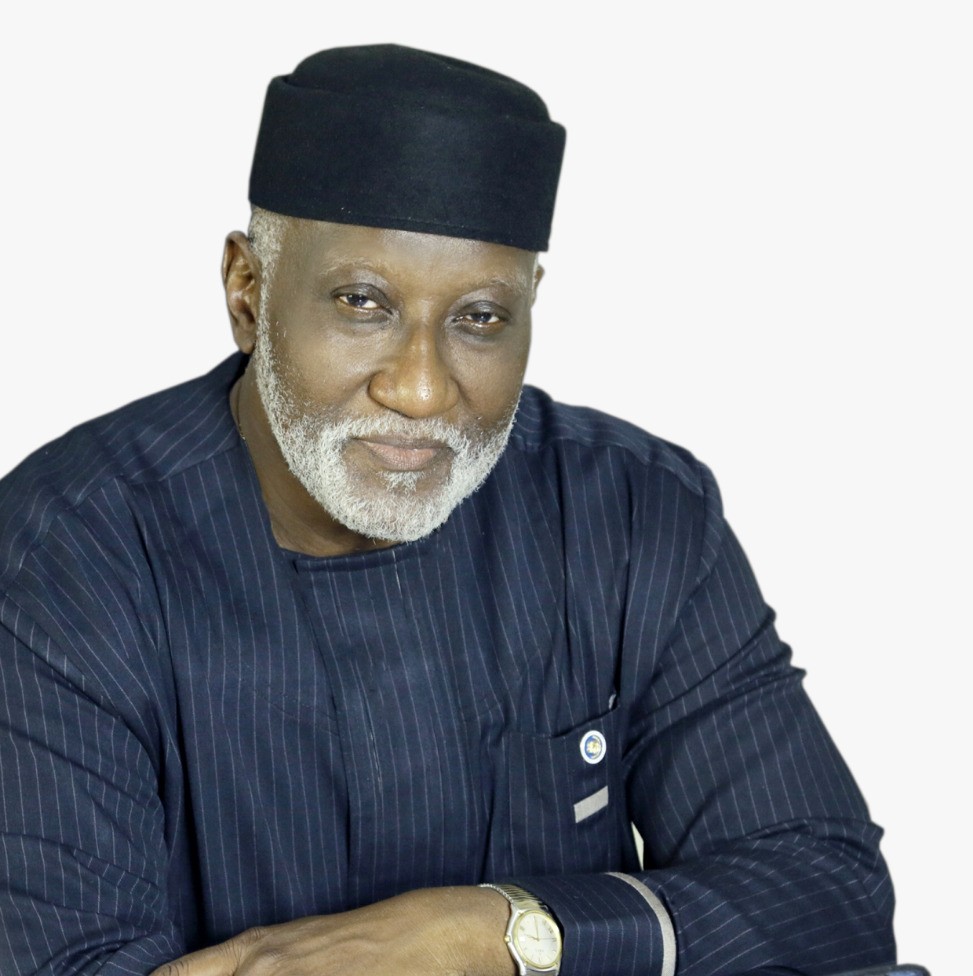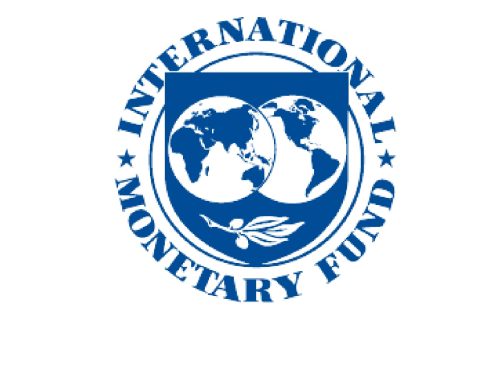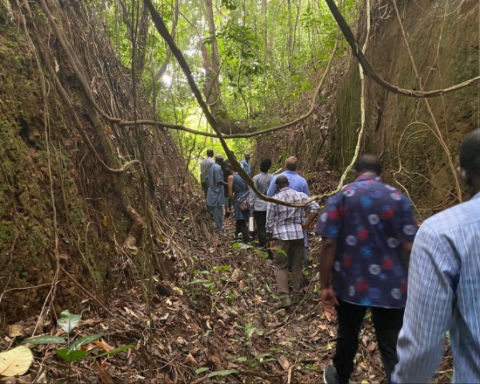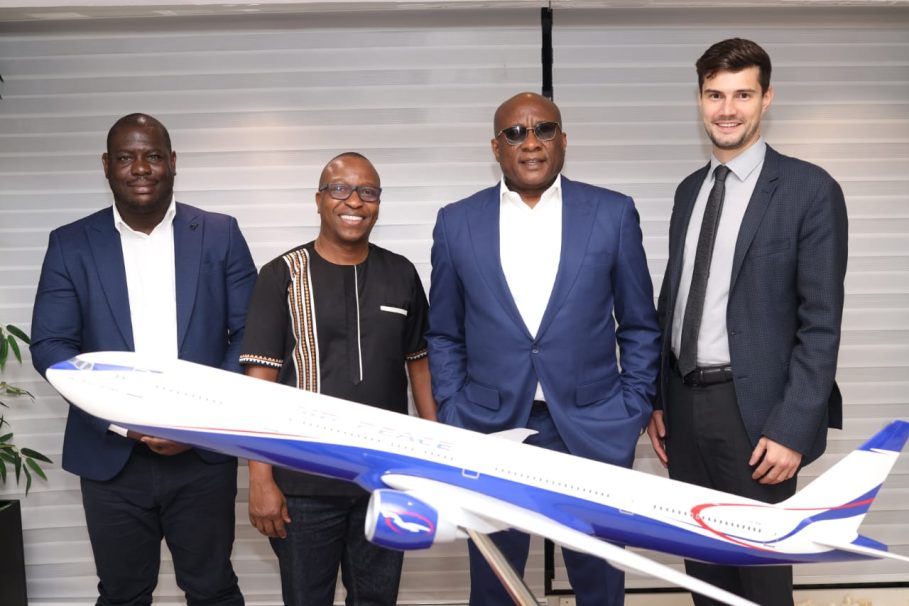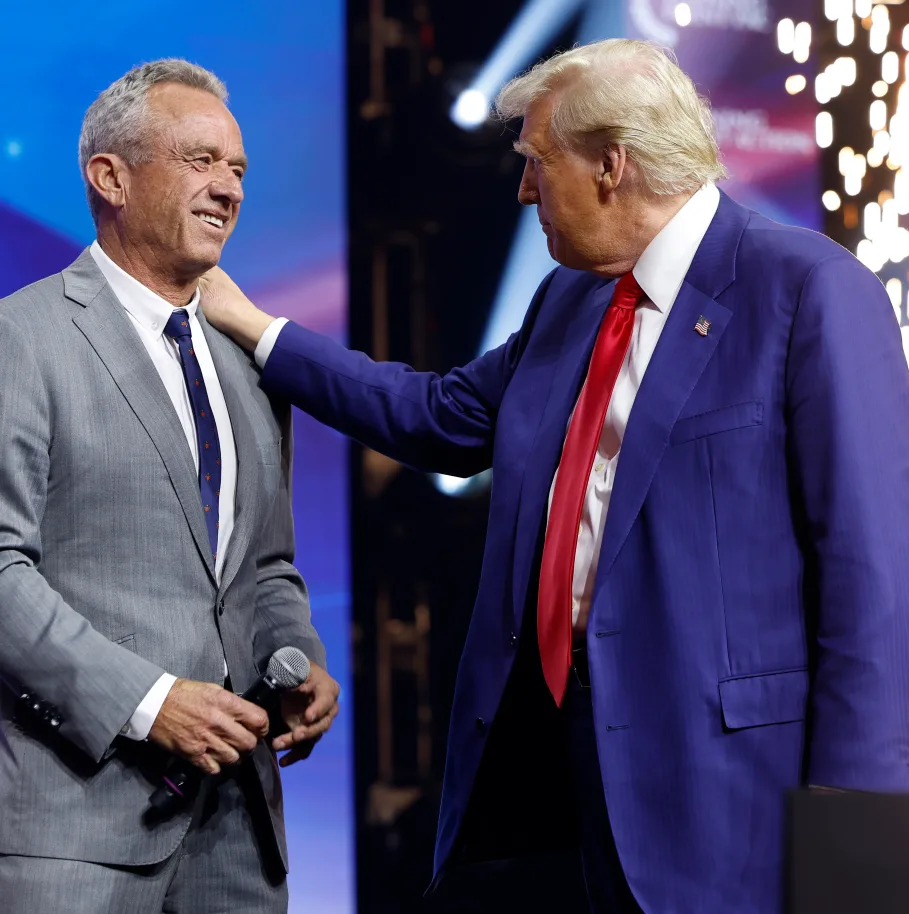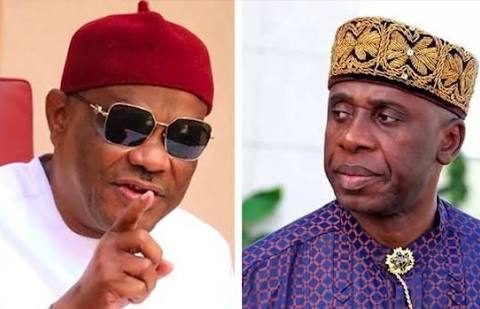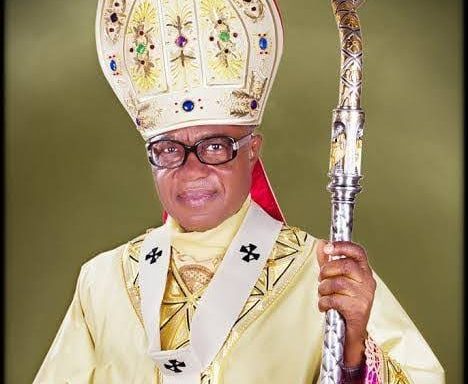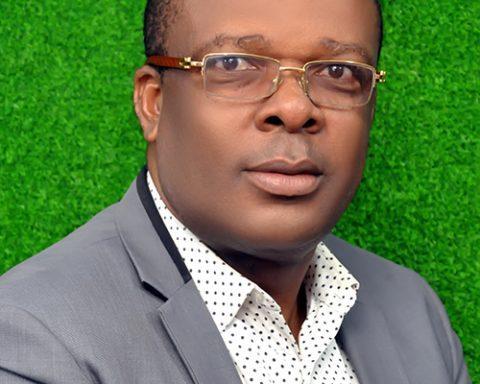Nigeria’s paradox is that it is as simple as it is complex. In Nigeria, both the simple and complex are fungible. Primarily, Nigerians make simple and straightforward issues unnecessarily complex.
Bad leadership, in turn, compounds already complex issues. The sum total of this byzantine political alchemy is that in her sixty-four years of independence, Nigeria’s prime challenge has been overcoming the bad leadership and poor governance that has riddled her national elite cadre with levitas.
Join our WhatsApp ChannelSuccessive Nigerian leaders, both military and civilian cannot be accused of lack of commitment to nationalism. The problem is that they were never properly schooled on the fundamentals of delivering good governance that fosters stable nationalism. Most Nigerian leaders in the three tiers of government assume perfunctorily that getting into power would make them good leaders. In truth, the reverse has always been the case. You had to be a good leader before getting political power. Nigeria is also a nation, where the political processes are hackneyed. Thus Nigeria’s allied political institutions are manifestly fashioned to hoodwink and prepurposed to be sufficiently and unapologetically malleable. Consequently, national institutions are by default, weak. Sardonically, no nation with weak institutions is ever strong and resilient. And Nigeria can’t be an exception.
READ ALSO: Nigeria Secures €300m Development Partnership With France
Often, the point is made that lack of elite consensus adds willy-nilly to Nigeria’s problematique. But lack of elite consensus, is a choice; a contrived default option, which having permeated the national mindset, is now institutionalized groupthink. This groupthink favours a revolving-door or musical-chair syndrome that is hardly predisposed to proper succession planning that should compel mandatory leadership training. Think of this; very few, if any Nigerian leader leaves public office and venture into the classrooms of Nigerian tertiary institutions to teach. What is lost, is the unique opportunity to pass on to future leaders, priceless lessons learned and missed opportunities. That mix of theory and practice is invaluable where it is made readily available.
I’ve always suspected that returning to teach our future leaders would be for most Nigerian politicians, utterly condescending and infradig. Then, again, most are ill-equipped to undertake such tasks. For this reason also, the mission and raison d’être of the National Institute of Policy and Strategic Studies (NIPSS) as a strategic-agenda setting institution has long been forgotten, if not abandoned. Not long ago, I irreverently but jokily asked John Kayode Fayemi, the former Governor of Ekiti, why in electing to return to the classroom after his tenure as Governor and Minister, he chose Kings College London, over University of Lagos, University of Ibadan, Ahmadu Bello University, University of Nigeria, Nsukka and Obafemi University at Ile-Ife. Fayemi politely laughed off and parried my question. He understood fully, the import of my question. He confirmed my suspicions.
Ironically, the hallways of great and renowned global universities – Harvard, Cambridge, Sorbonne, Oxford, Berkeley, Makerere, Achimota, Legon and Stanford – are littered with former world leaders and policymakers, who are Fellows and Visiting Scholars. Last September, some former global leaders gathered in Athens, Greece, for an international dialogue focused on governance, security, and the economy. The key theme was “Lessons for Future Leaders.” Only two Nigerians were in attendance; but from other nations came former presidents, prime ministers, senators, opposition leaders and retired ranking military generals. Indubitably, there are inherent lessons to be gleaned from such auspicious gathering. It underlined that governance matters. Given our stark realities, training in good governance ought to matter all the more.
Nigerian leaders love clichés and highfalutin political sound bites. So our leaders parrot buzz words like, “due process,” “best practices,” “rule of law,” “quick-wins,” “low-hanging fruits,” “special purpose vehicle,” “benchmarks,” “gender-mainstreaming,” “added-value,” “fiscal responsibility,” “environmental impact assessment,” “counterpart-funding,” and “value chain.” Such political and policy-driven jargons often picked up from civil society organizations and non-governmental organizations needs-assessment and mission reports; make our leaders sound smart, credible, important and hands-on. But it’s all about airs; vacuous airs fraught with ruse and legerdemain. Those bereft of good governance credentials also mouth those platitudes easily.
What Nigeria needs in order to change her present sad reality, is to orchestrate the emergence of purpose-driven leadership or a disruptive leadership. This type of leadership is not just visionary; but also adaptive and transformative. It’s a leadership that understands that scoped and sustainable governance entails mission focus, and short, medium and long term plans in order to succeed. Above all, it’s a leadership style that calls for continuous self-sacrifice. Yet, it is not just enough to have a cadre of leadership that meets the prima-facie requirements of leadership. Such leaders must also be accountable in their personal and public conducts. Collectively, Nigerian leaders have shown a crass inability to self-censure or to censure their colleagues. As a group, the national leadership –read national elite- has forever and a day, turned a blind eye to members of their cadre who are scofflaws or engaged in suborn.
Leadership in Nigeria is much more tilted to precept than practice. We are as a nation, now dubious about speaking truth to power in matters of dire national interest. If ever there was an optimal case study of progressive State Capture, present day Nigeria fits the model squarely. Yet it would seem utterly asinine to broach that topic in any civilized Nigerian company, talk less of governmental circles. It’s oxymoronic to be talking of rationalizing government, and cutting costs, while in reality, engaging in extreme fiscal profligacy. But who cares? Aspiring for Nigeria to model itself after South Korea, Dubai, Taiwan and Singapore, requires more than lip service. It requires disciplined leadership. It requires understanding history- ours and those of countries we seek to emulate – and putting such history to good use in our governance decision-making. It requires training. But leadership training does not happen in a vacuum. It’s a life-long process.
Issues and problems that hobble Nigeria are commonly known. So too are the sustainable solutions –beyond our fixation with prophylaxis targeted at bad governance symptoms. So, whether we wish to tackle our decrepit hard infrastructure; or our hierarchy of needs-based social infrastructure, we know what is required. Similarly, we know what to do to lift millions of Nigerians out of multi-dimensional poverty. Ditto for tackling the scourge of out-of-school children; banditry, visceral violence, insecurity our parlous economy and debt overhang.
Changing Nigeria’s reality requires no magic wand. The coalition that brought APC to power in 2015 was predicated on subsidiary interests. Now, another coalition based entirely on national interest is required to flip the change. All it requires is a thorough orientation and a new national mindset fostered by candid retrospection and introspection. The process will require a combination of like minds and rivals – “a team of rivals” – of sorts to bring it about. Such alliances will consist of a “Coalition of the Willing.” The common denominator will still be self-preservation, but not as an adjunct to the present unwilling collective, but as an integral remedial component of the nation already on the road to perdition and on the brink of self-destruction.
The state of the nation is bleak. Some may still wish to varnish the status quo. Whether, varnished or burnished, the gravamen of the irrelevance and inefficacy of “Renewed Hope” is that in this promised instance, hope is merely a loss leader that has all but died in Nigeria. Those who had the courage to grab power ought to have the courage to accept their comeuppance. Rather than tackle the present realities, some are already segueing to 2027 as if that date is a certainty.
If that day comes, this much should be obvious, given our present realities. The 2027 general elections will be Nigeria’s first true referendum on good governance. It will be APC vs. Nigerians. Those will be the only two parties contesting. With any luck, primordial interests will be set aside in the national interest and Nigeria’s patriotic and moral majority will finally carry the vote. Meanwhile, this is the juncture at which we must begin to make Nigeria whole again. Don’t wait for 2027. Procrastination is dangerous. Delay may be fatal. I’ve said my piece.
——
Obaze is MD/CEO, Selonnes Consult – a policy, governance and management consulting firm in Awka.


